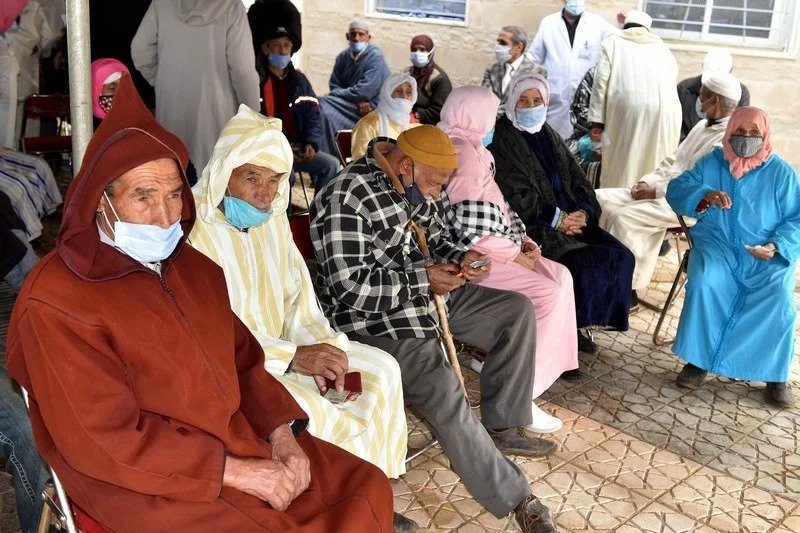Americans are spending $61B on Ukraine’s war effort. What will

Morocco in very good health at the level of Africa

Life expectancy in Africa “in good health”, i.e. the number of years during which an individual is in good health – to be differentiated from the overall life expectancy – has increased from 47 to 56 years old against 64 years old for the world average.
Concretely, by region, North Africa comes first with Morocco, Tunisia and Algeria, which have the highest life expectancy in Africa with an average of 63 years in good health and age 76 overall and a GDP per capita of over US$3,000. They are ahead in the Top Five of the Seychelles (74 years and GDP 11,400 USD) and Mauritius (74 years and 8,622 USD). They are a total of 12 countries to appear in a shortlist of countries where life expectancy is the highest.
Thus, the average African lives ten years longer “in good health” than ten years ago. In any case, this is what the evaluation report of the World Health Organization (WHO), for the month of August, entitled ” Monitoring Universal Health Coverage in the WHO African Region, 2022 “.
Indeed, healthy life expectancy is said to have increased in the African Region by an average of ten years per person between 2000 and 2019. An increase significantly greater than any observed in other regions of the world. But, the report notes, the destabilizing impact of the COVID-19 pandemic could threaten these sizable gains. Fundamentally, this means more people are living healthier and longer lives, with fewer threats of infectious disease, and enjoying better access to care and disease prevention services.
Overall, the document continues, the coverage of essential health services in Africa has improved and was around 46% in 2019, compared to 24% in 2000. Enormous progress has been recorded in the field of prevention and treatment of infectious diseases (measures to combat HIV, tuberculosis and malaria from 2005) and in terms of reproductive, maternal, neonatal and child health, but have been hampered by the dramatic rise in hypertension , diabetes and other non-communicable diseases, as well as the absence of health services targeting these diseases. All this bears witness to the Region’s desire to improve the health and well-being of its population.
The UN Institution recommending, however, the strengthening of measures against the threat of cancer and other non-communicable diseases and alerting against the impact of Dame Covid. The report stresses that the experience of the latter made realize how important the investment in health is for the security of a country.
An Africa that can cope with pandemics and other health threats is an Africa where economies and people thrive. It is also said that of the 36 countries that responded to a WHO survey in 2021, more than 90% reported one or more disruptions to essential health services. The most serious having been identified in the sectors of immunization, neglected tropical diseases and nutrition services. Hence the imperative that governments step up funding for public health.
Most African governments fund less than 50% of their health budgets, it is said, resulting in large funding gaps. Only South Africa, Algeria, Botswana, Cape Verde, Eswatini, Gabon and Seychelles finance more than 50% of their total health expenditure.
The report also recommends that African countries accelerate efforts to improve financial risk protection, rethink and reorient the delivery of health services with emphasis on elements such as the integration of health services intended to fight against non-communicable diseases in essential health services, the involvement of communities and the participation of the private sector, which the Kingdom is gradually committing to.
.
